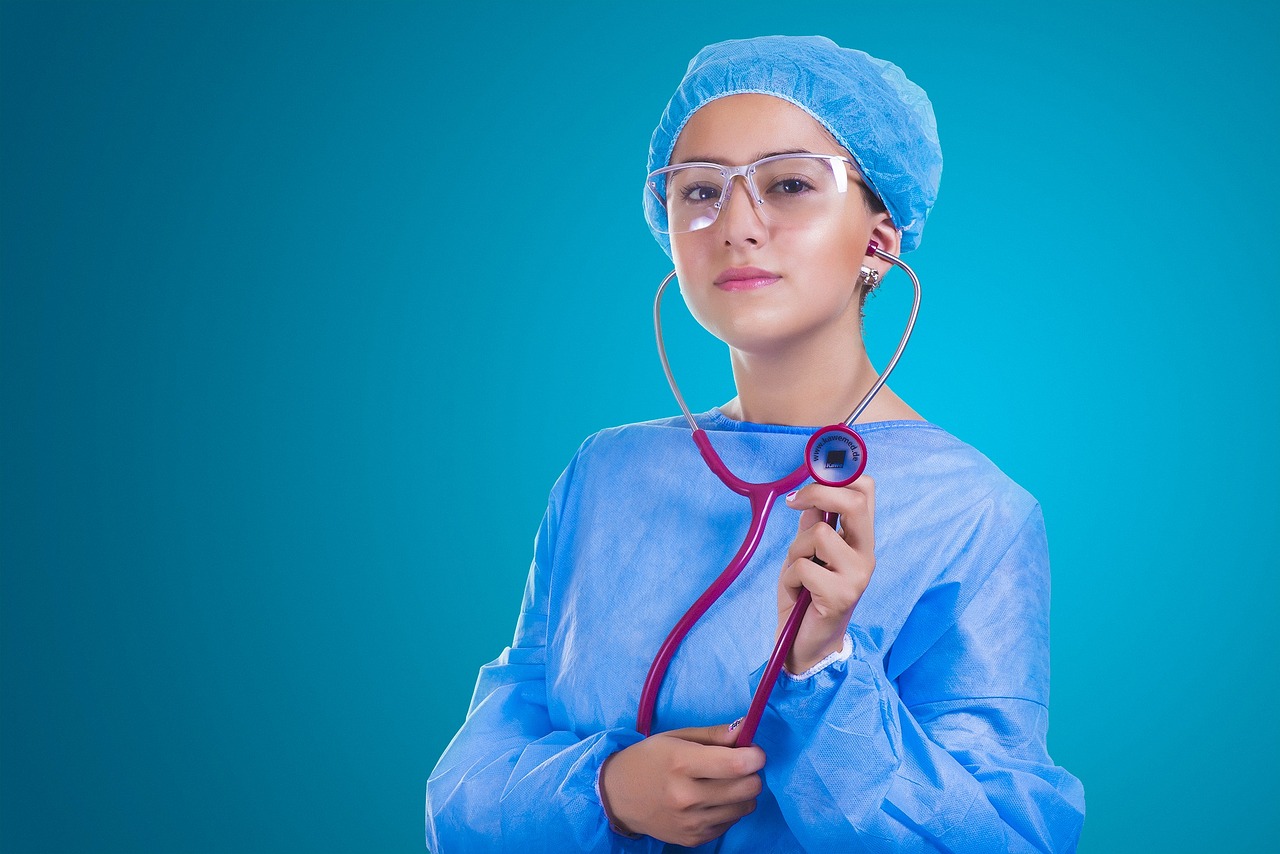
@ShahidNShah


In the healthcare sector, medical facilities have a responsibility to ensure not just that all patients are well protected while being looked after but also that their staff can work in conditions where they are not at risk of harm.
This duty covers everything from infection control and medication management to emergency preparedness and physical security and requires a number of measures to be put in place.
In this guide, we will highlight seven such safety features every medical facility should have.
If these safeguards are in place the next time you need to receive or administer treatment, you will have the peace of mind of knowing that you are in a well-maintained and securely run environment.
One of the most important responsibilities of management within the healthcare sector is to ensure that both the patients and staff under their care are in a safe environment.
Unfortunately, the chances of physical abuse can be heightened in a hospital or medical facility. According to a recent report in the Courier Mail, there are, on average, 45 violent incidents a day in Queensland hospitals where staff are threatened, abused or assaulted.
For this reason, it is important to have a good team of trained security personnel on-site at all times to protect them from the threat of physical harm.
In addition, having CCTV cameras dotted around the building and clear signage advising of their presence can be a deterrent to those looking to steal medicines or expensive machinery.
At the same time, it can also keep an eye out for frail or elderly patients who might have fallen or are suffering from a seizure or other medical episode.
It is the nature of any healthcare facility that an emergency could arise at any moment. For this reason, it is vital to have a suite of technologies in place to instantly notify relevant parties as and when they arise.
These should include call buttons, nurse alarms and doctor paging. All of which can ensure quick response times in the case of someone needing urgent attention.
Even though the primary goal of hospitals and medical facilities is to return people to full health, there is a certain irony in the fact there are plenty of hazardous chemicals within them that can do you harm.
They include everything from laboratory chemicals, pesticides and mercury to disinfecting agents, sterilants, and toxic drugs, which, despite being essential for things like treating patients or disinfecting surfaces, can be potentially dangerous to staff who come into contact with them. Indeed, nurses have been found to have an increased risk of suffering from asthma as a result of the effects of doing so.
Subsequently, it is vital to have safety showers and eyewash stations, such as those offered by Storemasta, onsite in areas where these items are located. They will enable staff members to wash off any harmful chemicals that might have spilt onto their face, hands or body.
In addition to the safety showers and eyewash stations, medical facilities should have several hand-washing basins within their premises for staff, patients and the general public to use.
Without them, there is an increased likelihood that a host of infections could spread through contact, which may impact the health and well-being of patients and hospital workers.
Respiratory issues such as coronavirus, measles, colds and influenza, and gastrointestinal infections like hepatitis A, dysentery, diarrhoea, and cholera are just some of the illnesses they could succumb to.
Others include multimodal infections like chickenpox and direct contact conditions like impetigo and conjunctivitis.
Healthcare facilities rely on electricity to perform a wide range of life-saving medical procedures. However, outages can strike at any time, which could have cataclysmic consequences for those who require urgent operations.
It is important, therefore, to have a backup power source in place to safeguard against such an interruption. Doing so will ensure that these procedures can continue to take place and that vital technologies for precision medicine, and equipment like monitors and ventilators will still operate.
Every medical centre and hospital has a range of pharmacons that are critical to the treatment of patients.
Yet, some can be extremely harmful if they are incorrectly administered or inadvertently ingested. Moreover, they are also at risk of spoiling or theft if they are not kept in a secure and safe environment.
Consequently, facilities need to make sure these drugs are safely storage in areas that can only be accessed by staff members who have the authority and knowledge to handle them.
This doesn’t just mean locked cabinets, but also ones that are temperature-controlled as appropriate.
Healthcare facilities are full of electronic medical equipment and gas-run appliances, so there is always a potential for fire to breakout if they malfunction.
Every hospital and medical centre should have a number of measures in place, such as various types of fire extinguishers, sprinklers, fire alarms and emergency fire brigade contact systems throughout their premises.
It is also important to put up clear signage advising of the closest exit and train staff to know what to do if such an eventuality occurs.

Dr. Michael Poku, chief clinical officer at Equality Health, discusses the role technology plays in the organization's VBC model and highlights results it has achieved for its member primary care …
Posted Oct 17, 2024 Value Based Care Value Based Healthcare
Connecting innovation decision makers to authoritative information, institutions, people and insights.
Medigy accurately delivers healthcare and technology information, news and insight from around the world.
Medigy surfaces the world's best crowdsourced health tech offerings with social interactions and peer reviews.
© 2025 Netspective Foundation, Inc. All Rights Reserved.
Built on Apr 17, 2025 at 6:07am